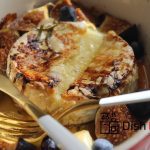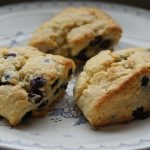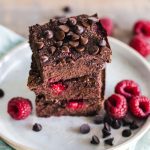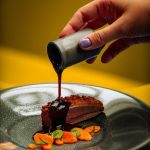Collagen Coconut Bars are also a delicious and satisfying snack that are perfect for anyone looking to curb their sweet tooth. These bars are made with coconut flour, which is a great source of healthy fats and fiber. They are also sweetened with honey, which is a natural sweetener that is much healthier than refined sugar.
Collagen is a naturally occurring protein that is found in the body and is essential for the health of our skin, hair, nails, and joints. It’s the most abundant protein in our bodies and makes up about 30% of the total protein found in our bodies.
One of the biggest benefits of consuming collagen is that it helps to improve the health and appearance of our skin. Collagen is responsible for giving our skin its elasticity and firmness, and as we age, our bodies produce less collagen. This can lead to wrinkles, fine lines, and other signs of aging. By consuming collagen, we can help to support our bodies natural collagen production and keep our skin looking youthful and radiant.
Why Coconut Butter is Superior to Other Nut Butters
Coconut is a powerhouse of nutrition, offering many health benefits. It contains healthy fats, dietary fiber, vitamins, minerals, and antioxidants, making it a superfood. Some of the health benefits of consuming coconut include improved digestive health, increased energy levels, improved metabolism, improved cognitive function, improved skin health, and weight loss. Coconut can also help reduce inflammation, improve immunity, and reduce the risk of certain types of cancer. Coconut also contains lauric acid, which is known for its antiviral and antibacterial properties. Additionally, coconut can help reduce the risk of diabetes and can even improve mood. In short, coconut is a nutrient-packed superfood that can provide numerous health benefits.
The added benefit is that this keto snack is easy to make and is a great way to support the health and appearance of your skin, hair, nails, and joints. Try making some today and see the benefits for yourself!

















